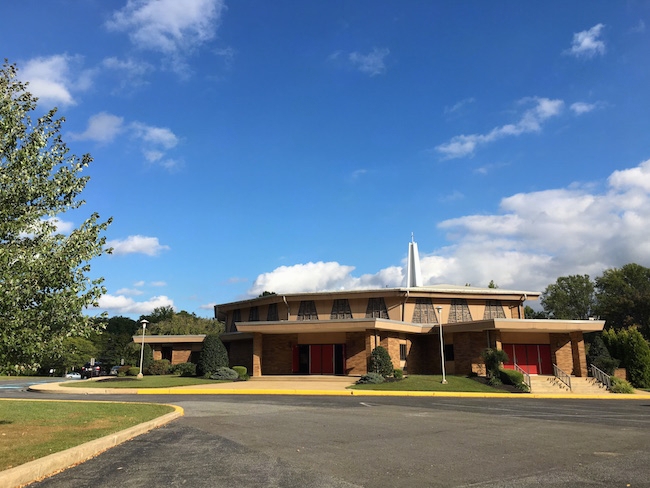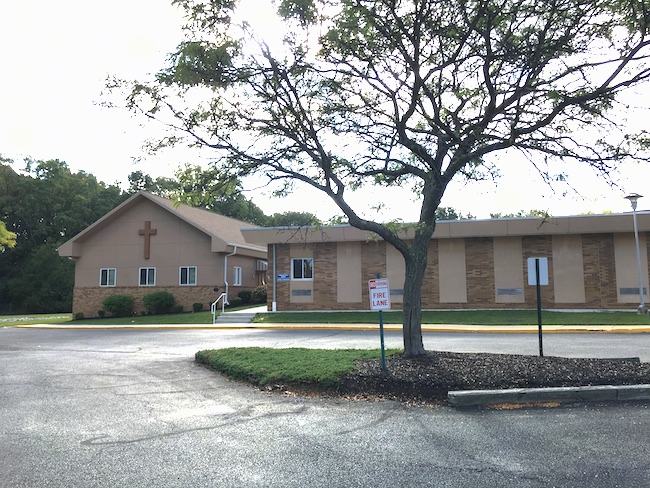
I have not been able to find a church with good indoor air quality. Churches tend to have a similar smell, the smell of fiberglass.
In order to keep it quiet, they tend to use acoustical fiberglass for sound control in the walls. Trading the lack of sound for air quality, the gases from the fiberglass leech into the building. In addition, the INSIDE of the ductwork is often lined with fiberglass to keep the AC quiet. The air blows past it, picking up tiny particles and dispersing them on top of everyone's heads. Ductwork lined with fiberglass on the inside cannot be cleaned.
I remember walking into a church for a wedding and the haze of fiberglass was extremely strong. I walked back outside and told the person at the door I was allergic to something in the church. As I stood outside contemplating what to do, a nice lady opened up the church door and said, "Who out here is allergic to air conditioning?" She explained how they had an unairconditioned room off to the side where people who cannot tolerate AC can sit. I told her I was the person, but it was not the AC that was bothering me, but rather the fiberglass. That seemed to be a first for her. What was not a first was the fact that someone could not tolerate the air inside the church. I never told anyone I was allergic to AC. She obviously heard it before. It appears the AC itself is getting the blame for the deeds of fiberglass.

That was not the first time I heard someone talk about air conditioning allergies. Air conditioning is simply colder air. When someone says they are allergic to air conditioning I do not think its simply cooler air their body is reacting to. I am sure fiberglass is not the only added component to an AC system, but it certainly should not be overlooked.
Indoor air is often worse in the summer months. Some churches have boilers that heat the building rather than ductwork. In the winter, human bodies help heat a room. Roughly every 10 bodies put out the same amount of heat as one space heater, therefore a churches heater would kick on less when the pews were full. The opposite being true in the summer, all of the warm bodies keep the air conditioner running, blowing air past the quiet fiberglass lined ductwork. In the summer months the AC kicks on often. Between lined ductwork and humidity helping to break down the fiberglass behind the walls the indoor air often becomes worse when it is hot outside, hence the AC taking the blame.
Sharon Maguire - Updated 10-11-2016


